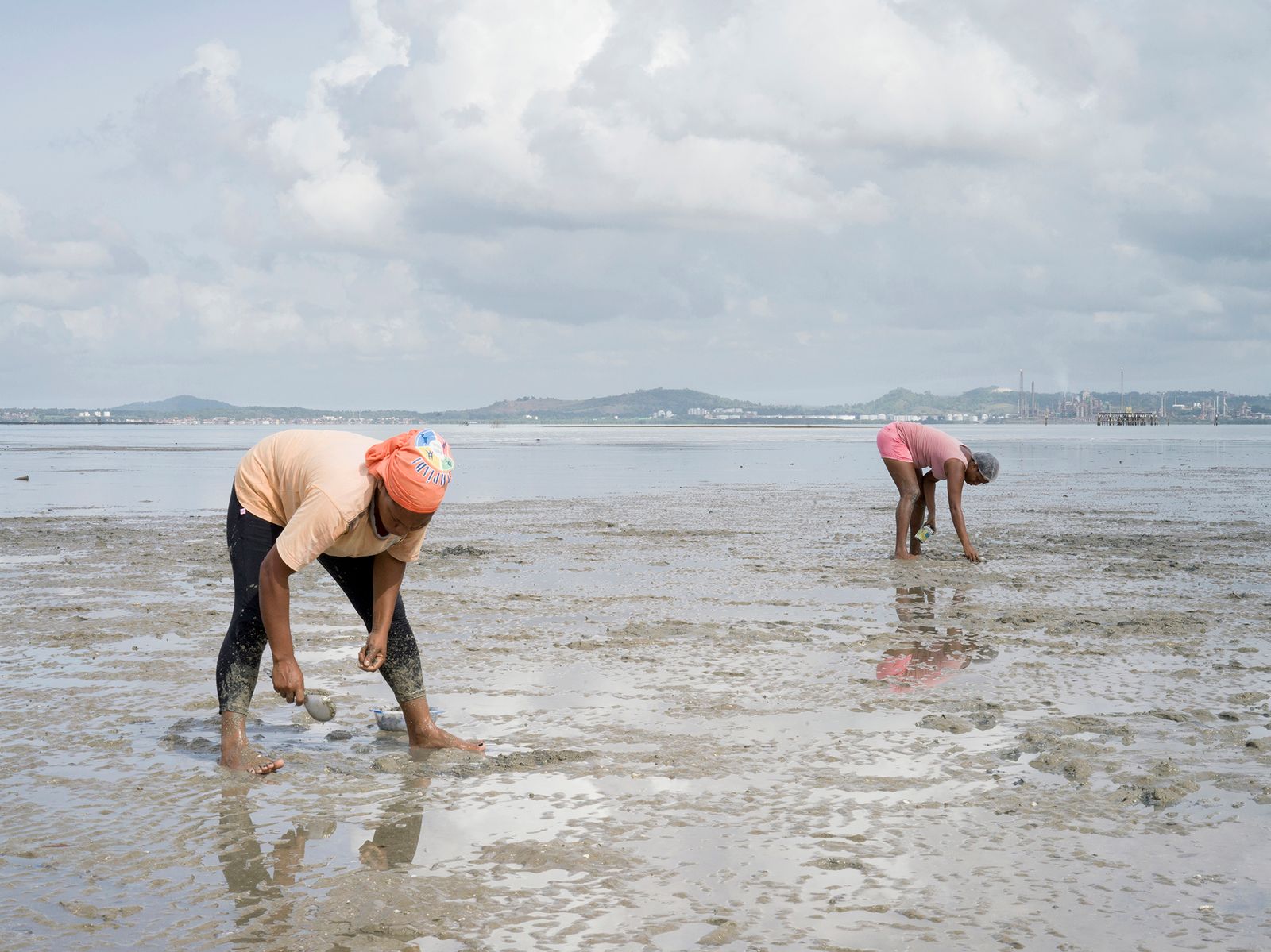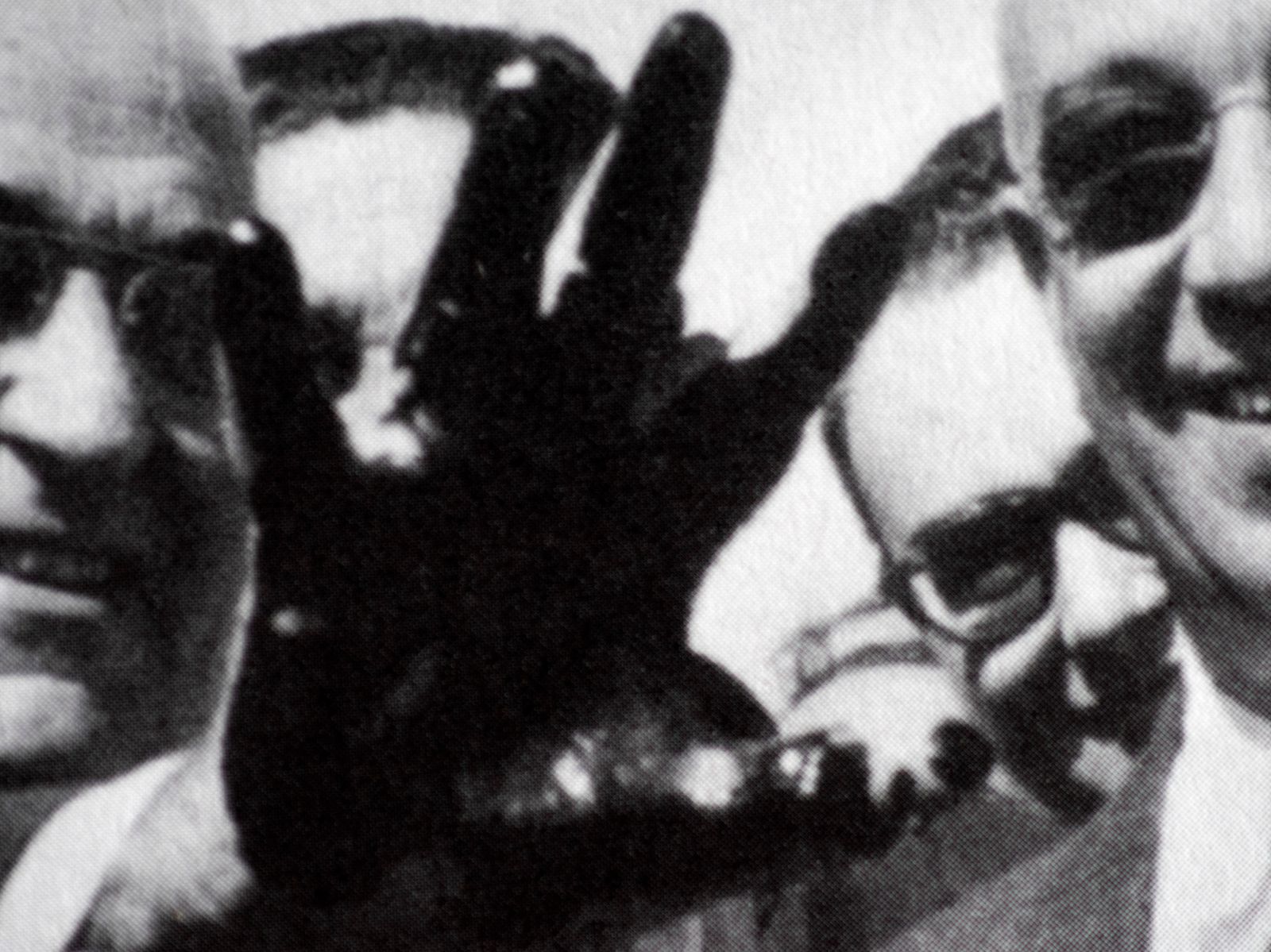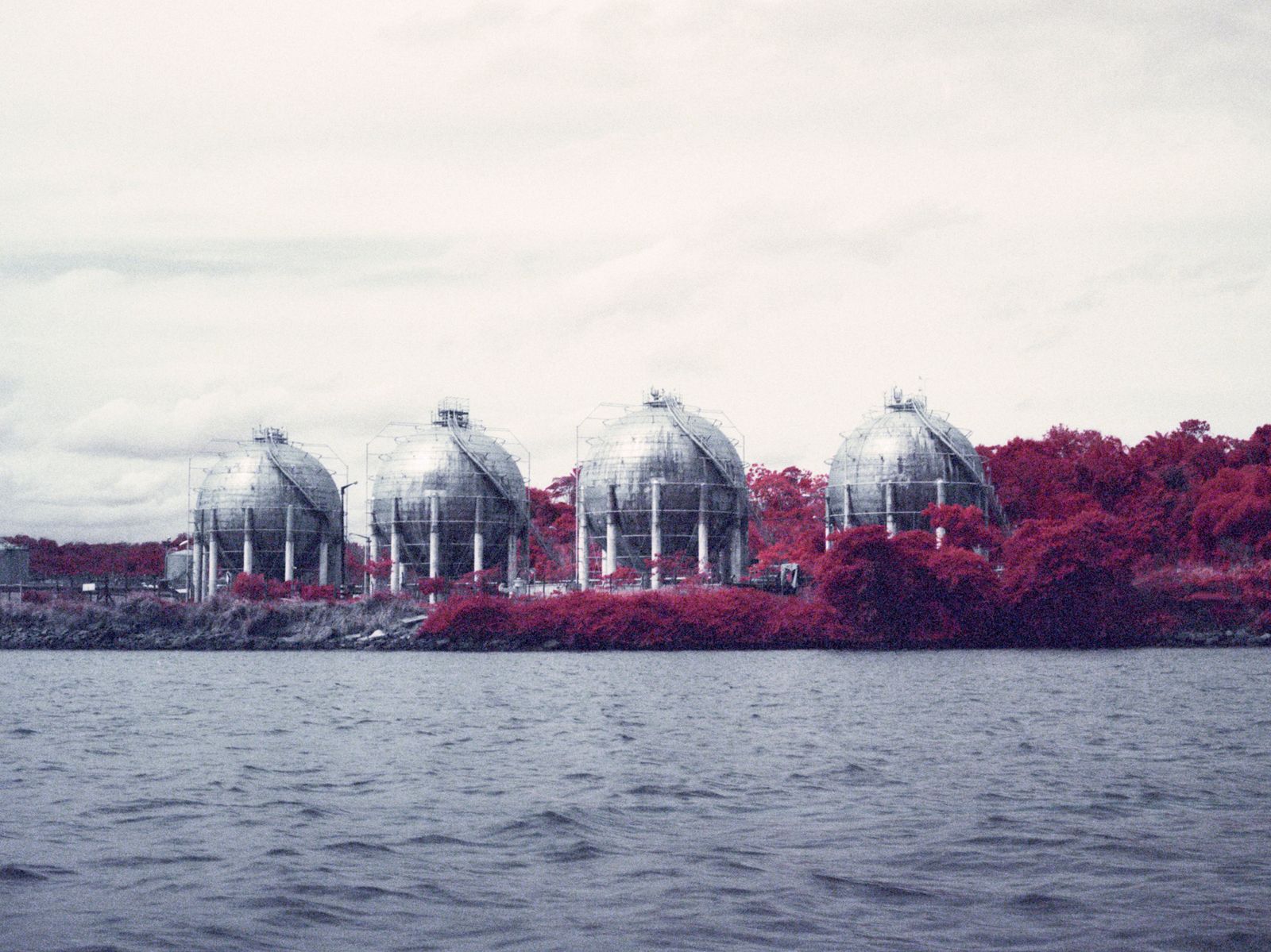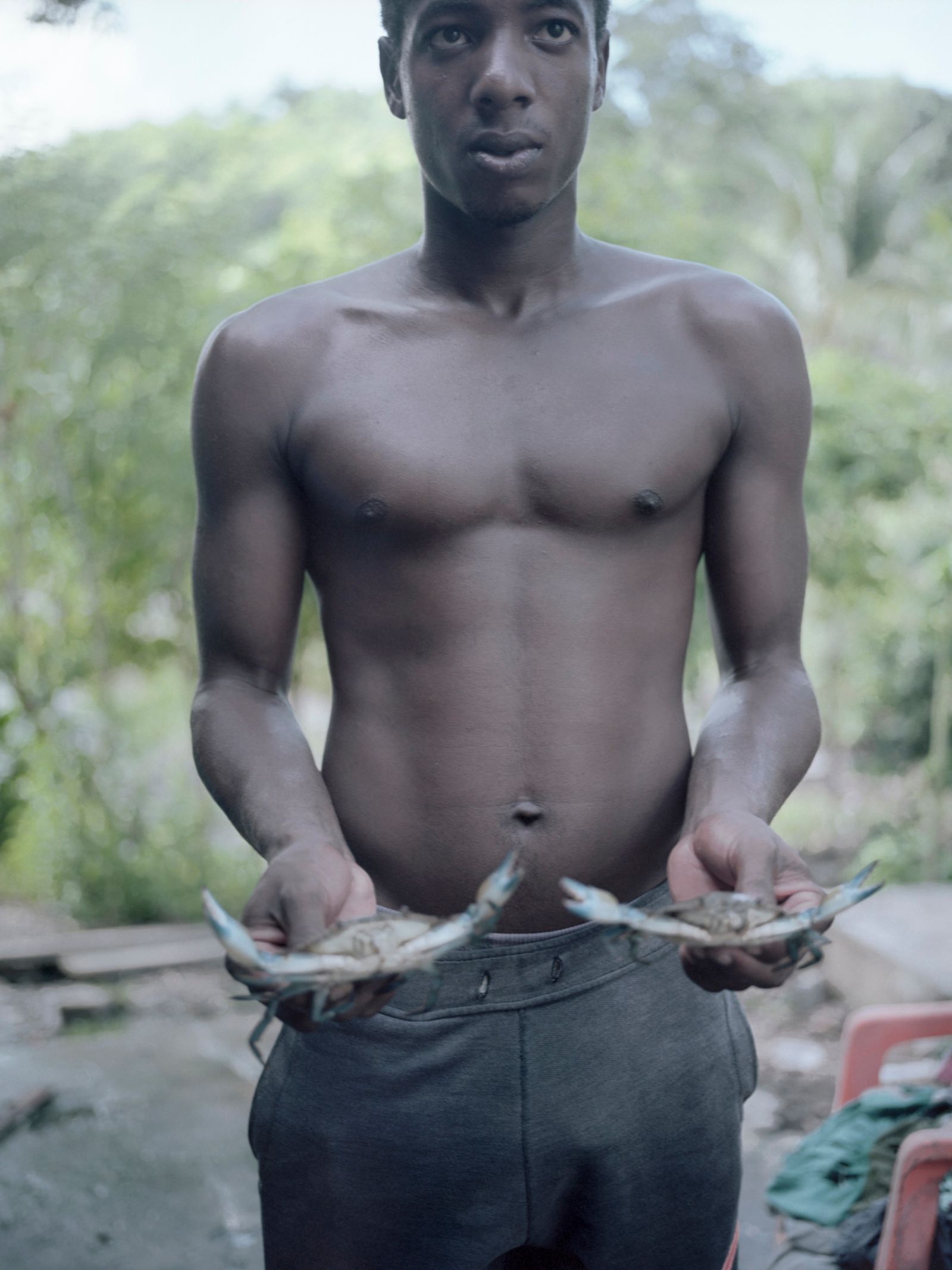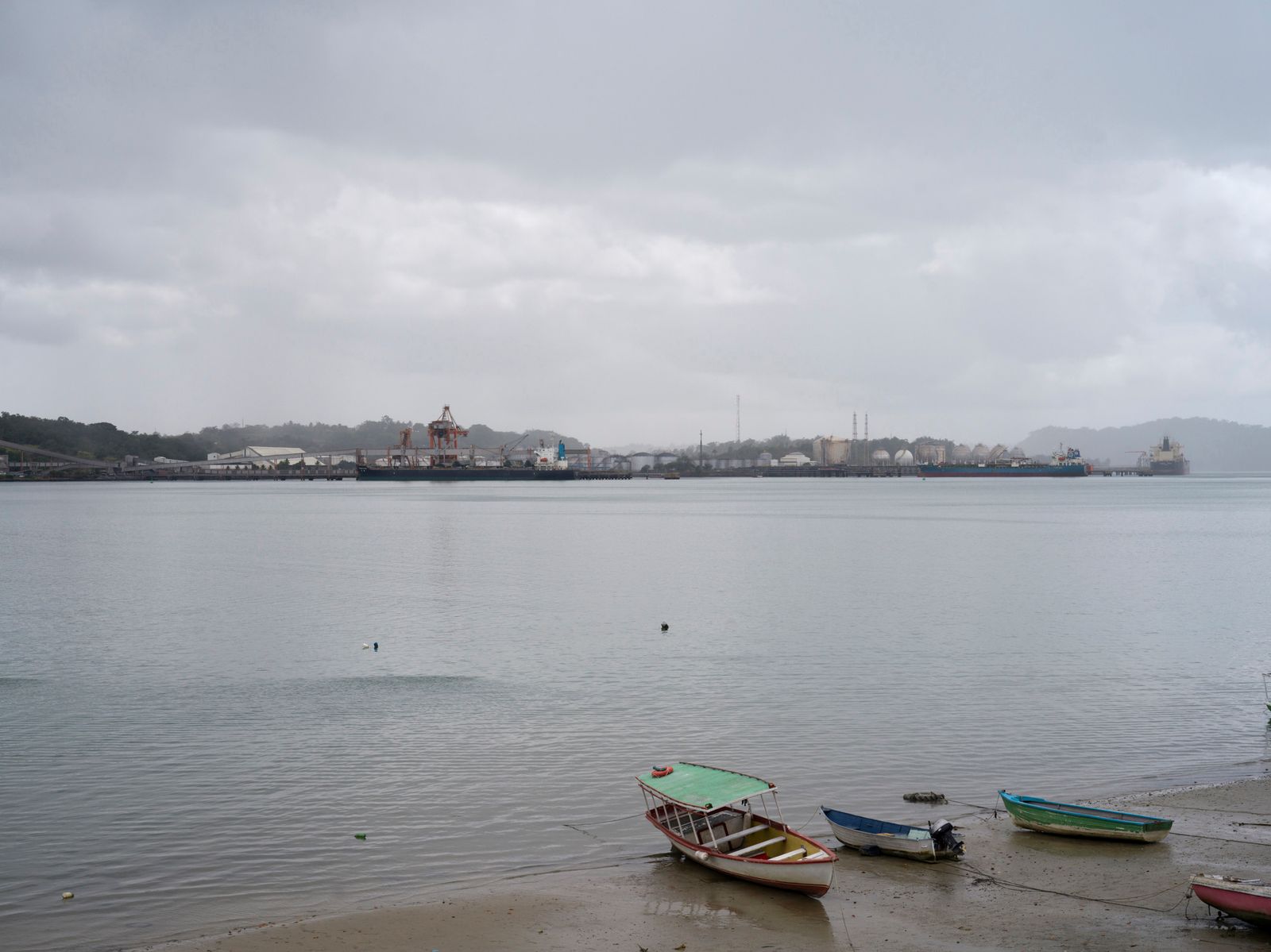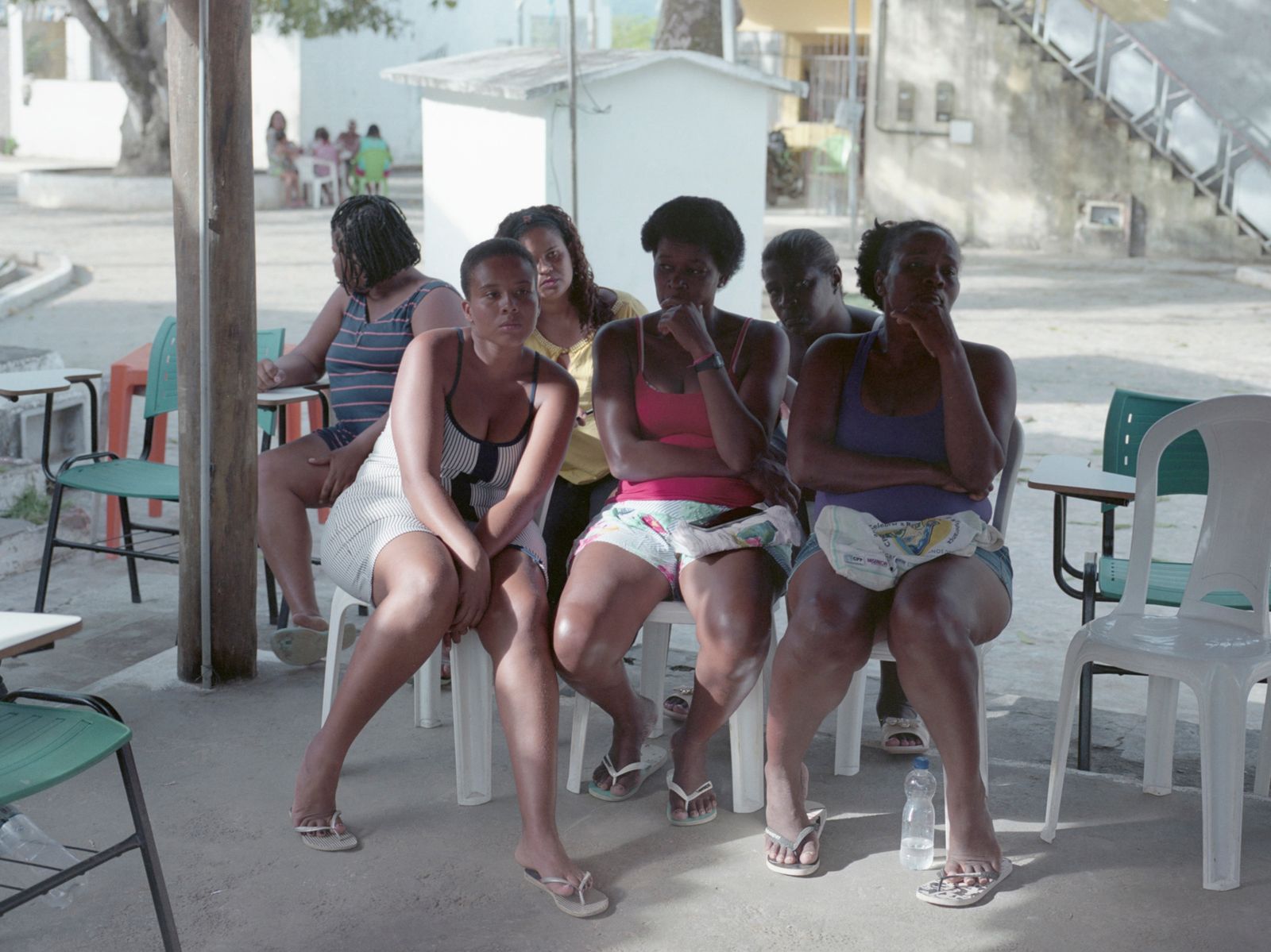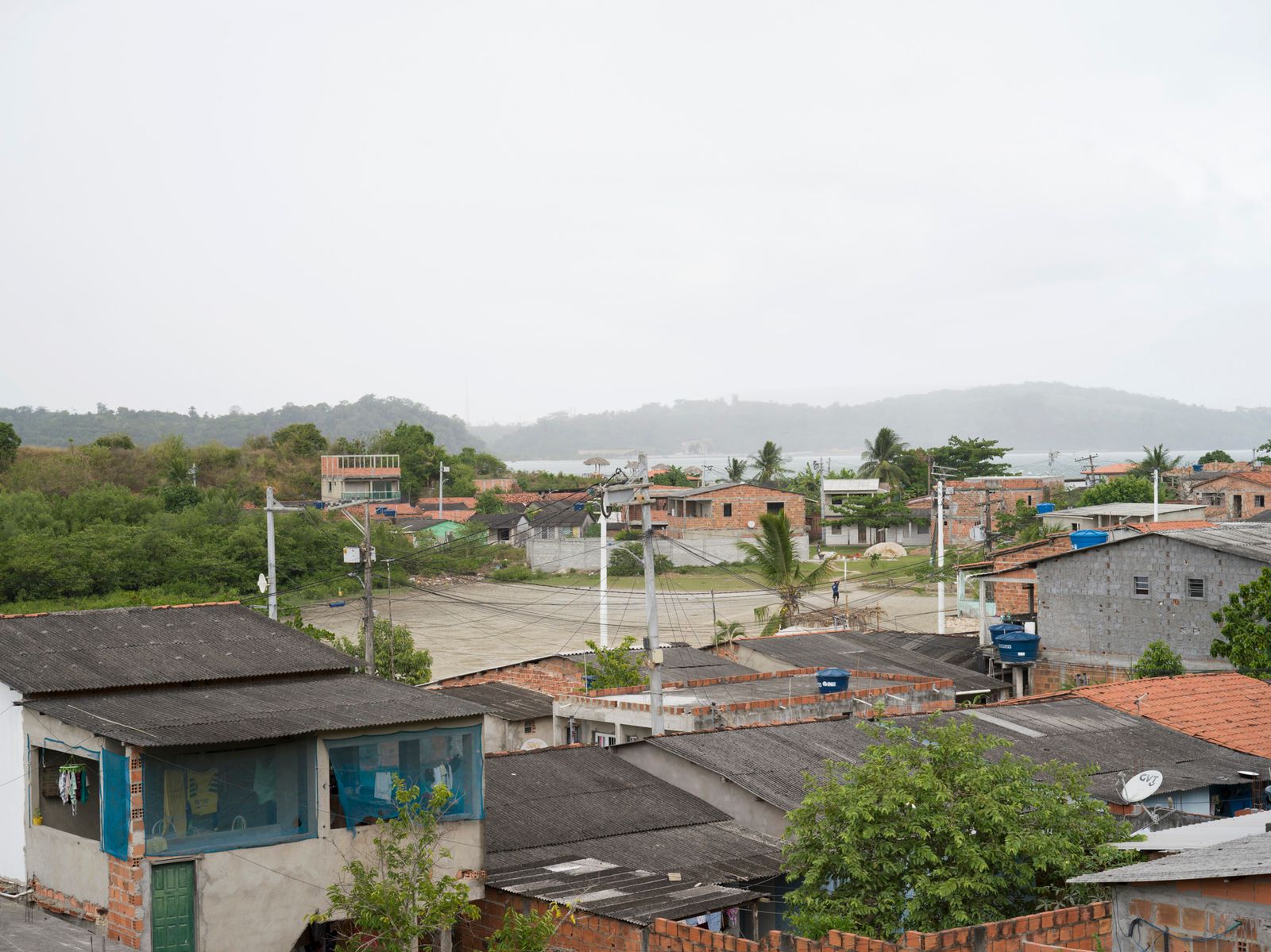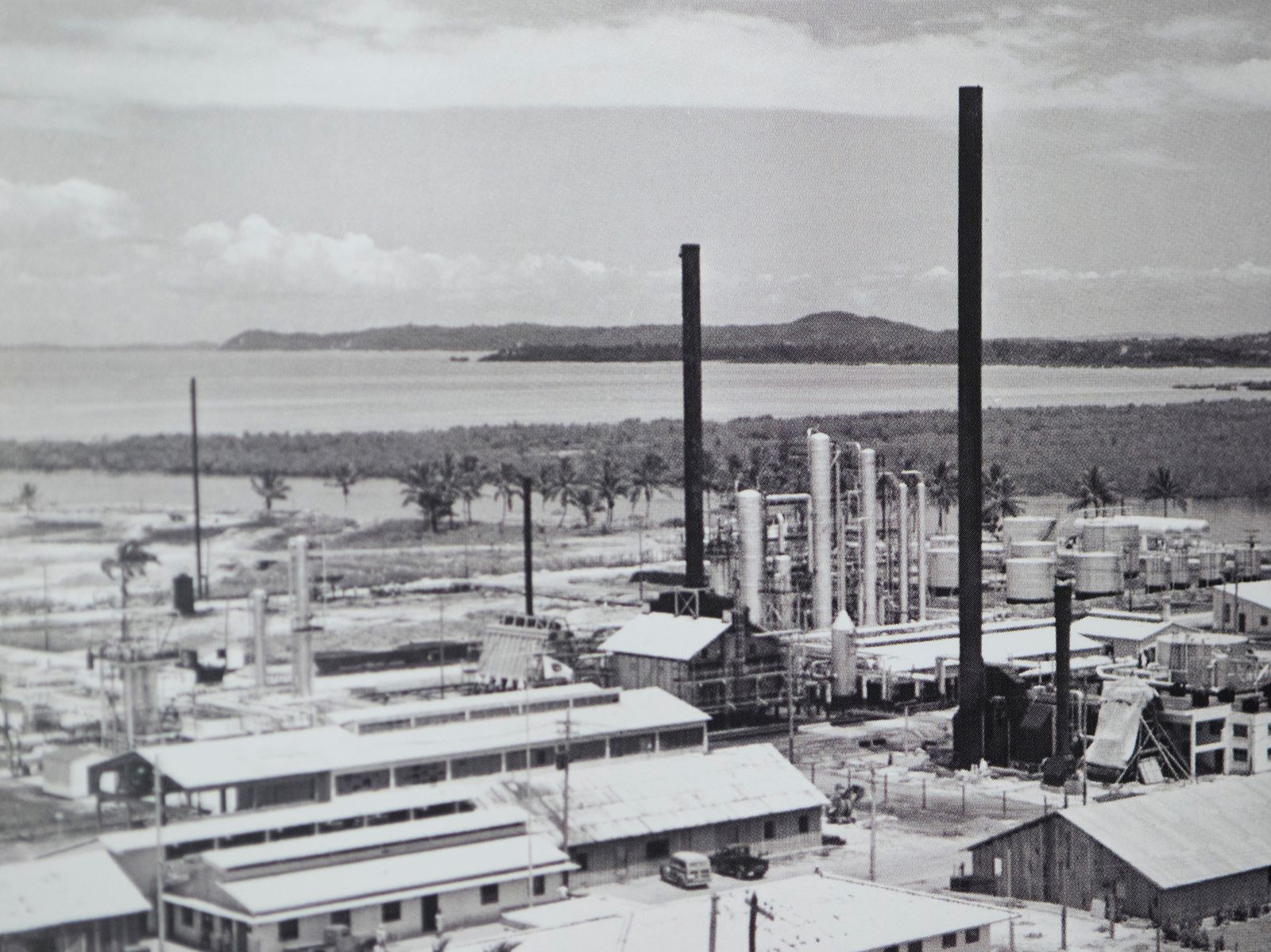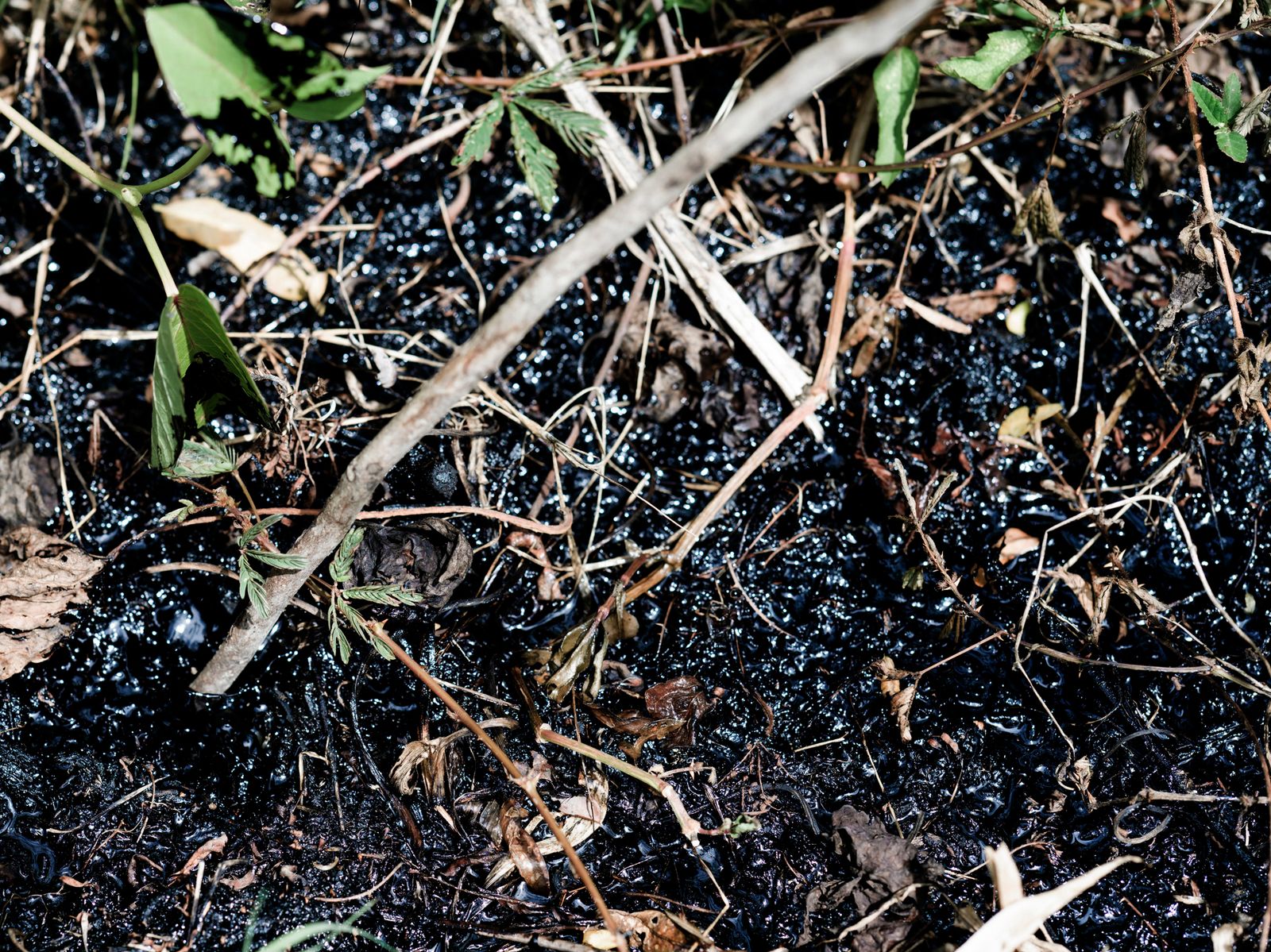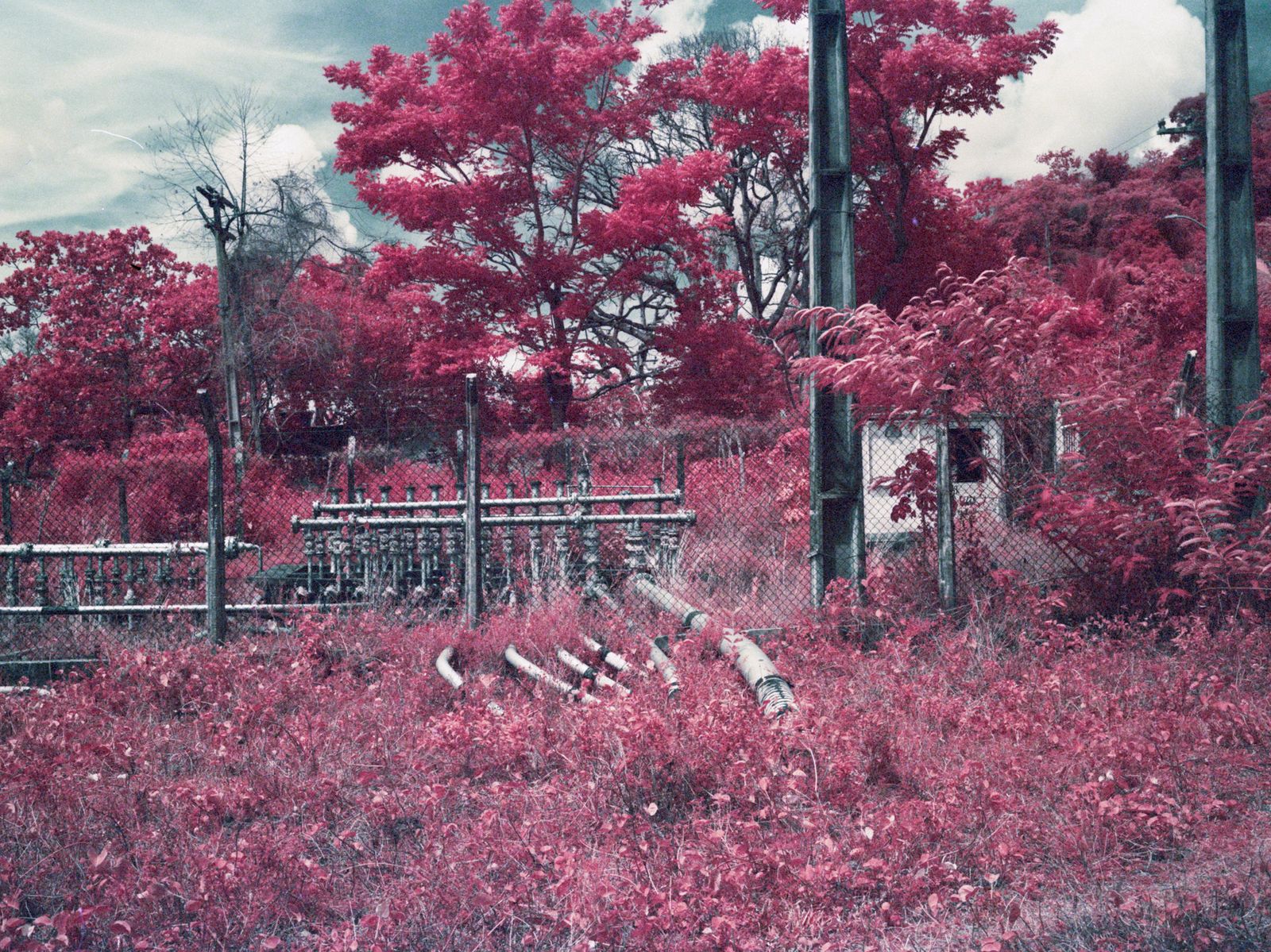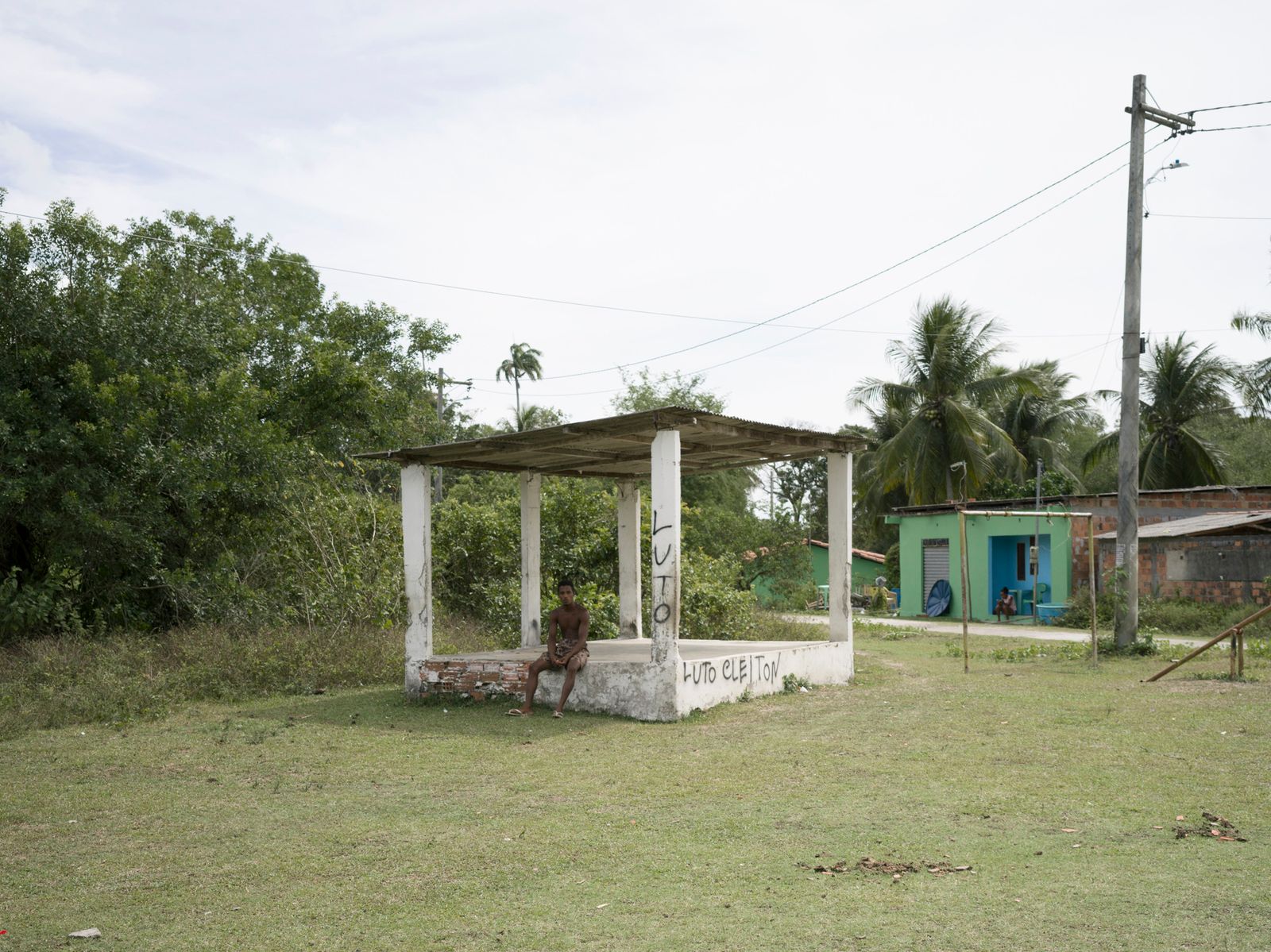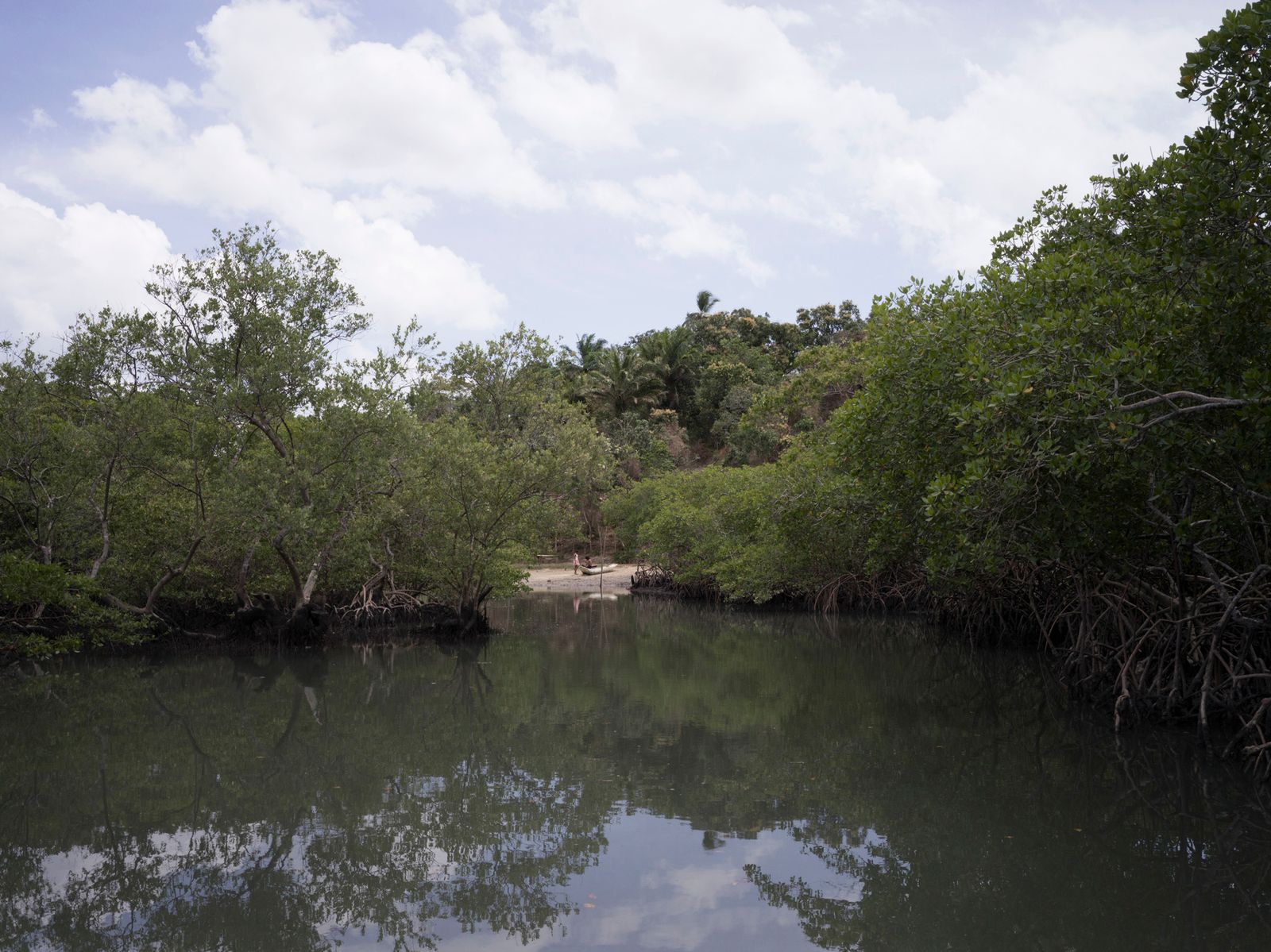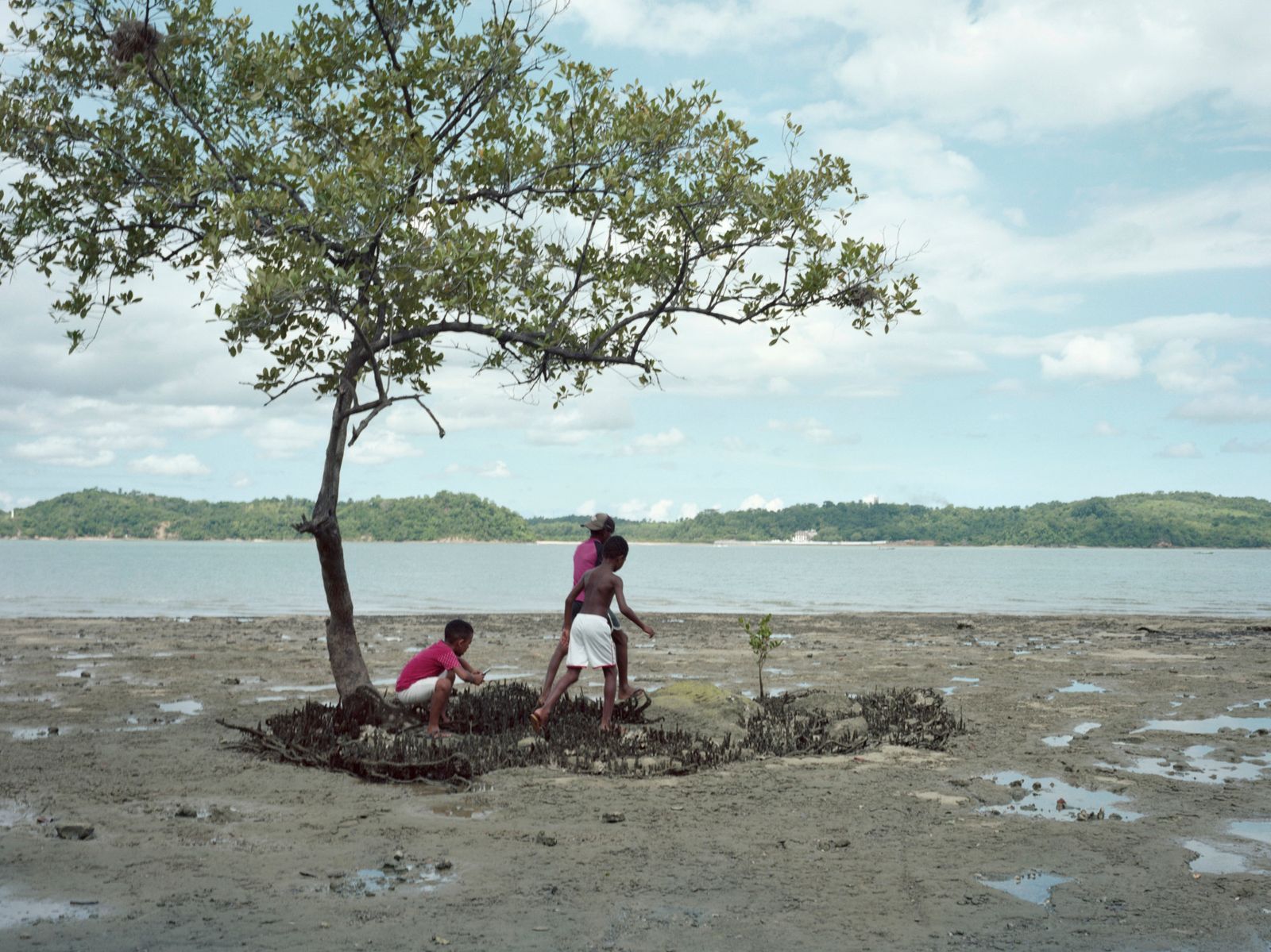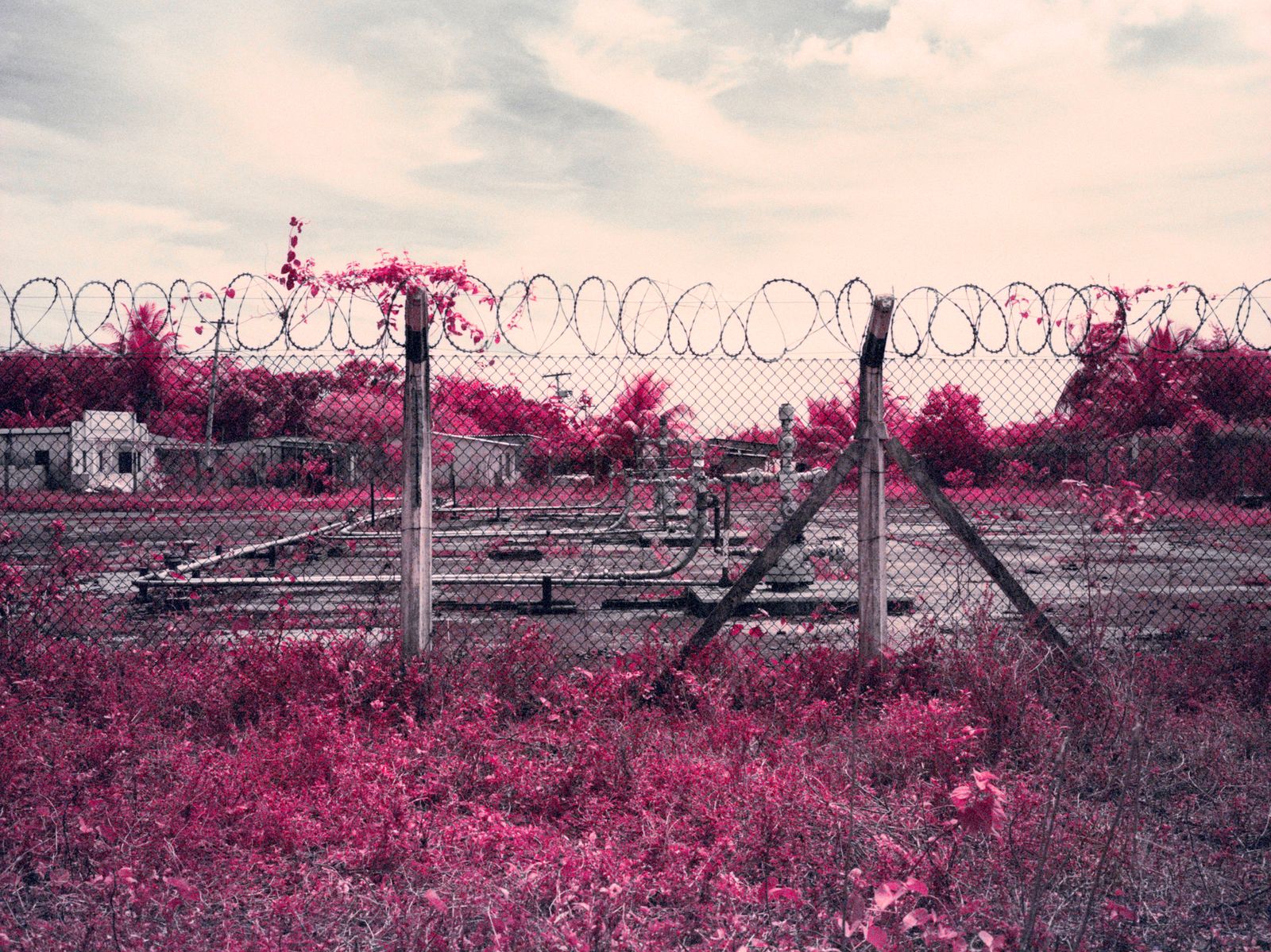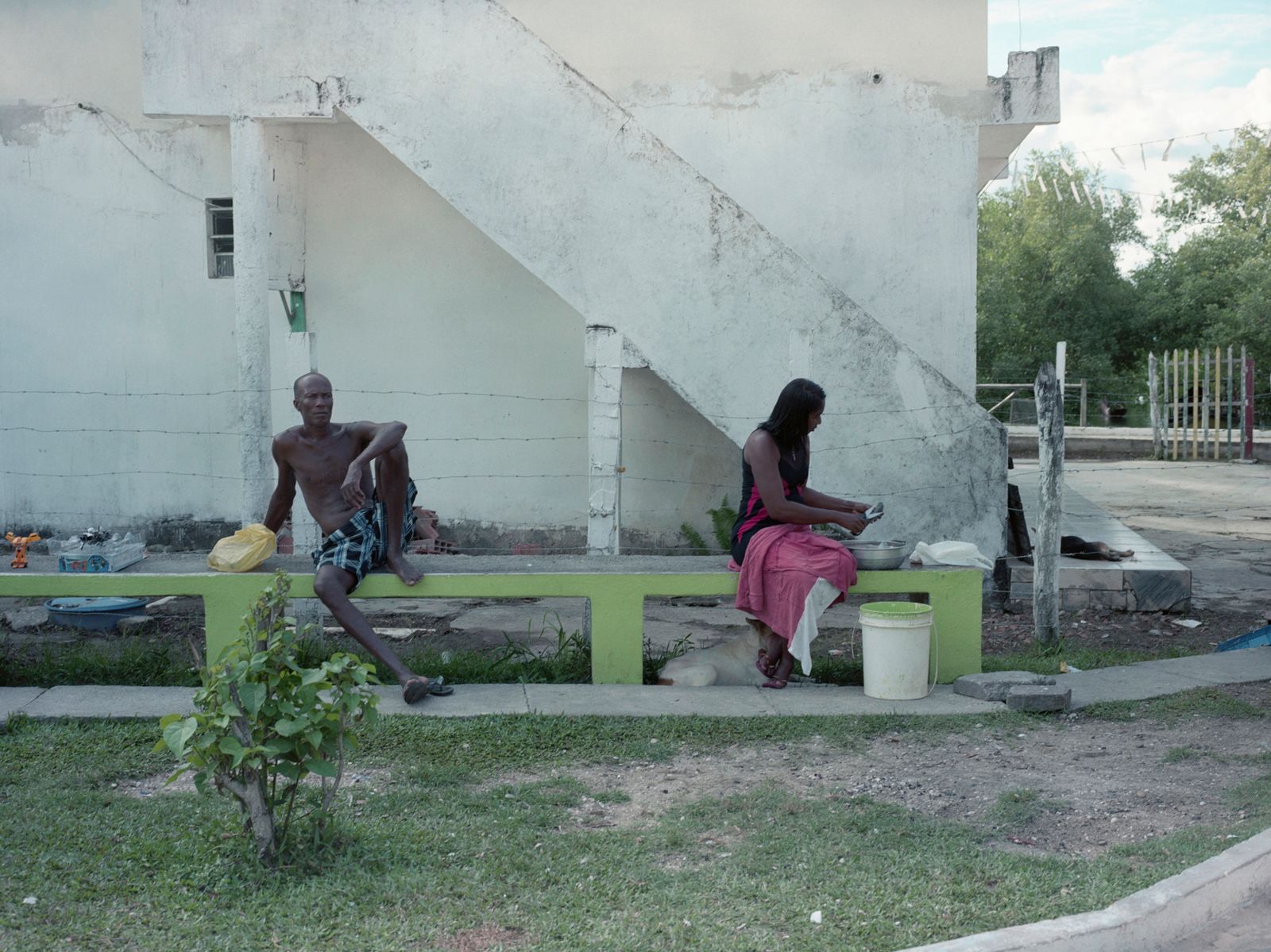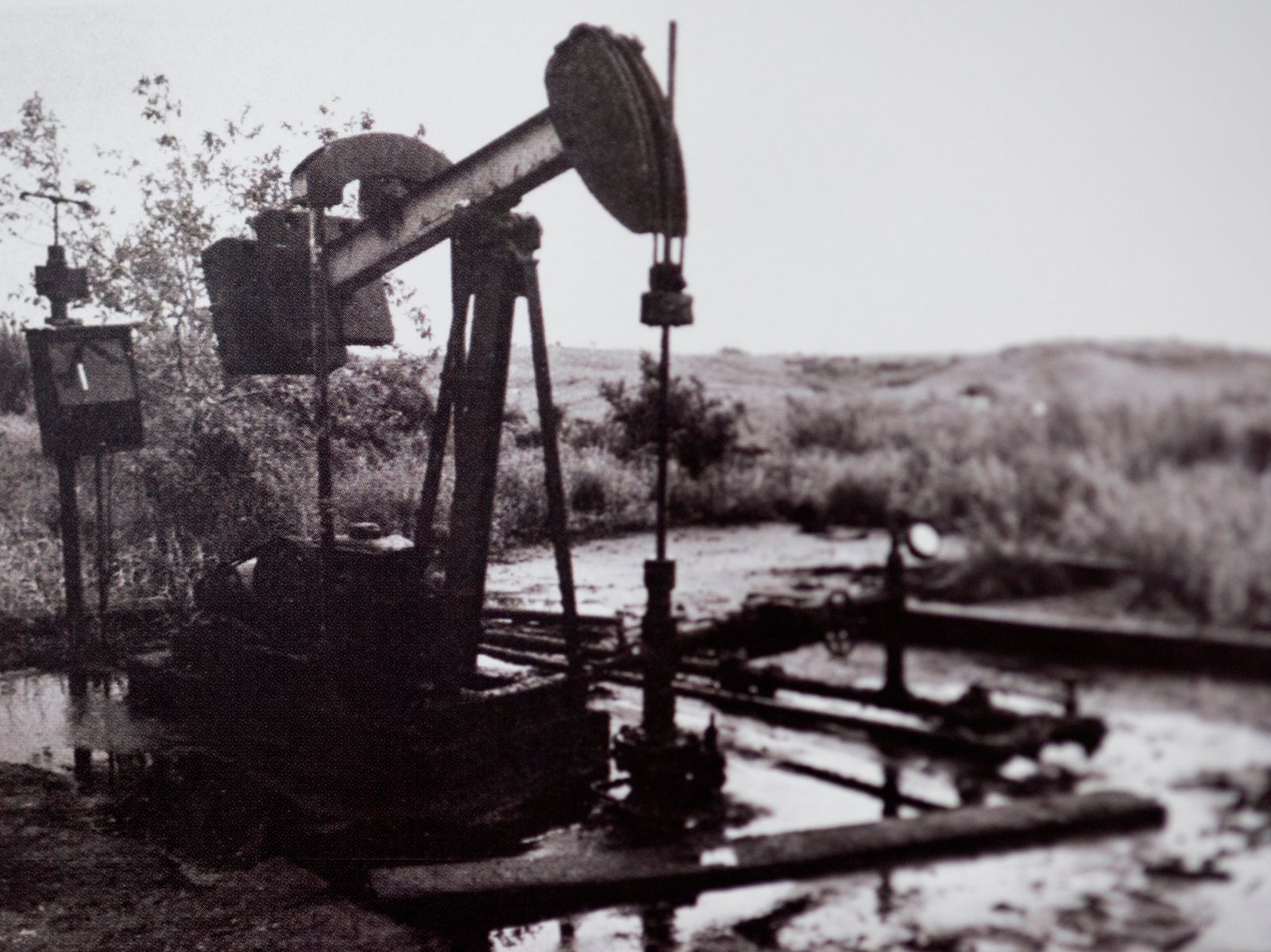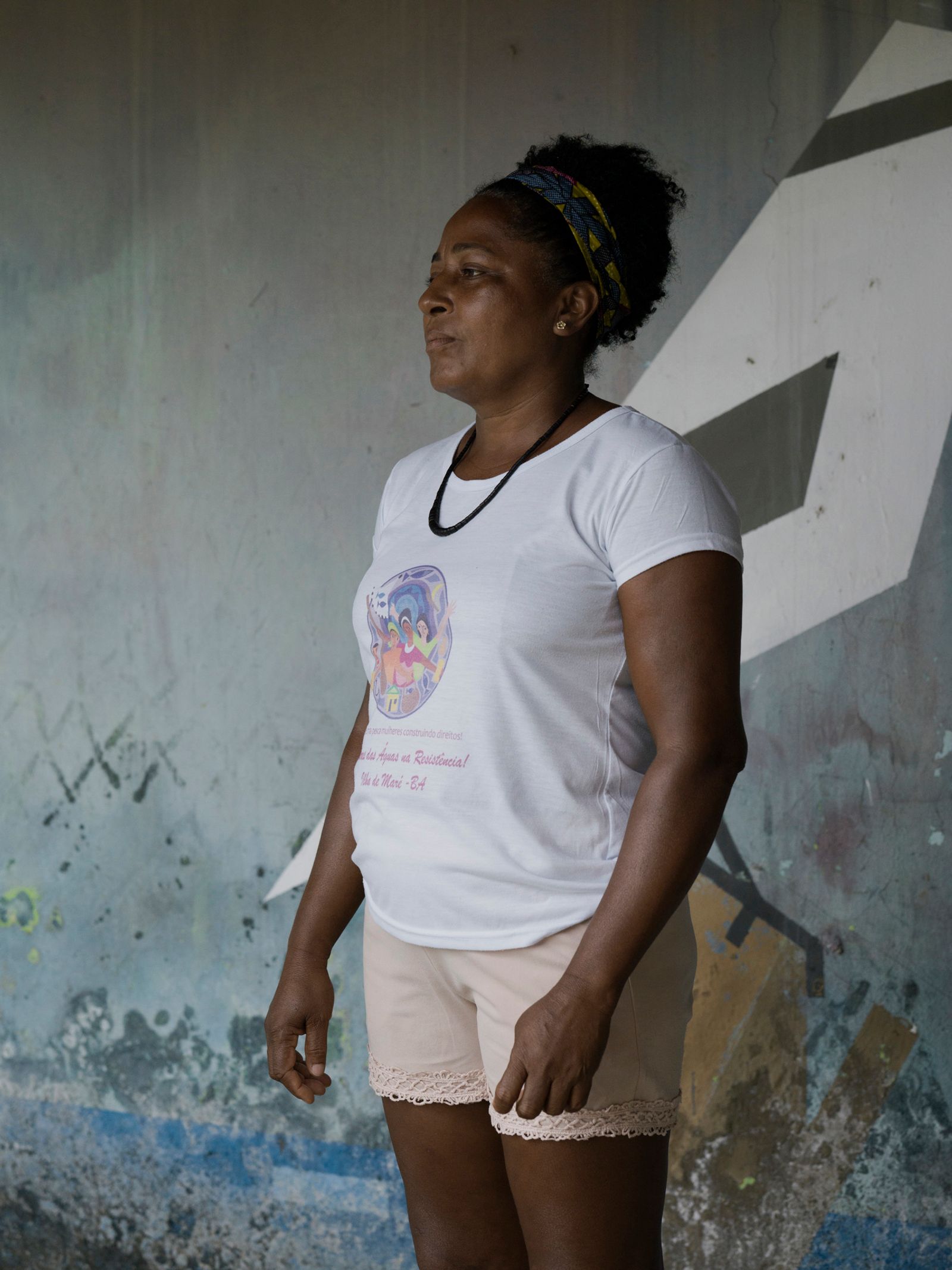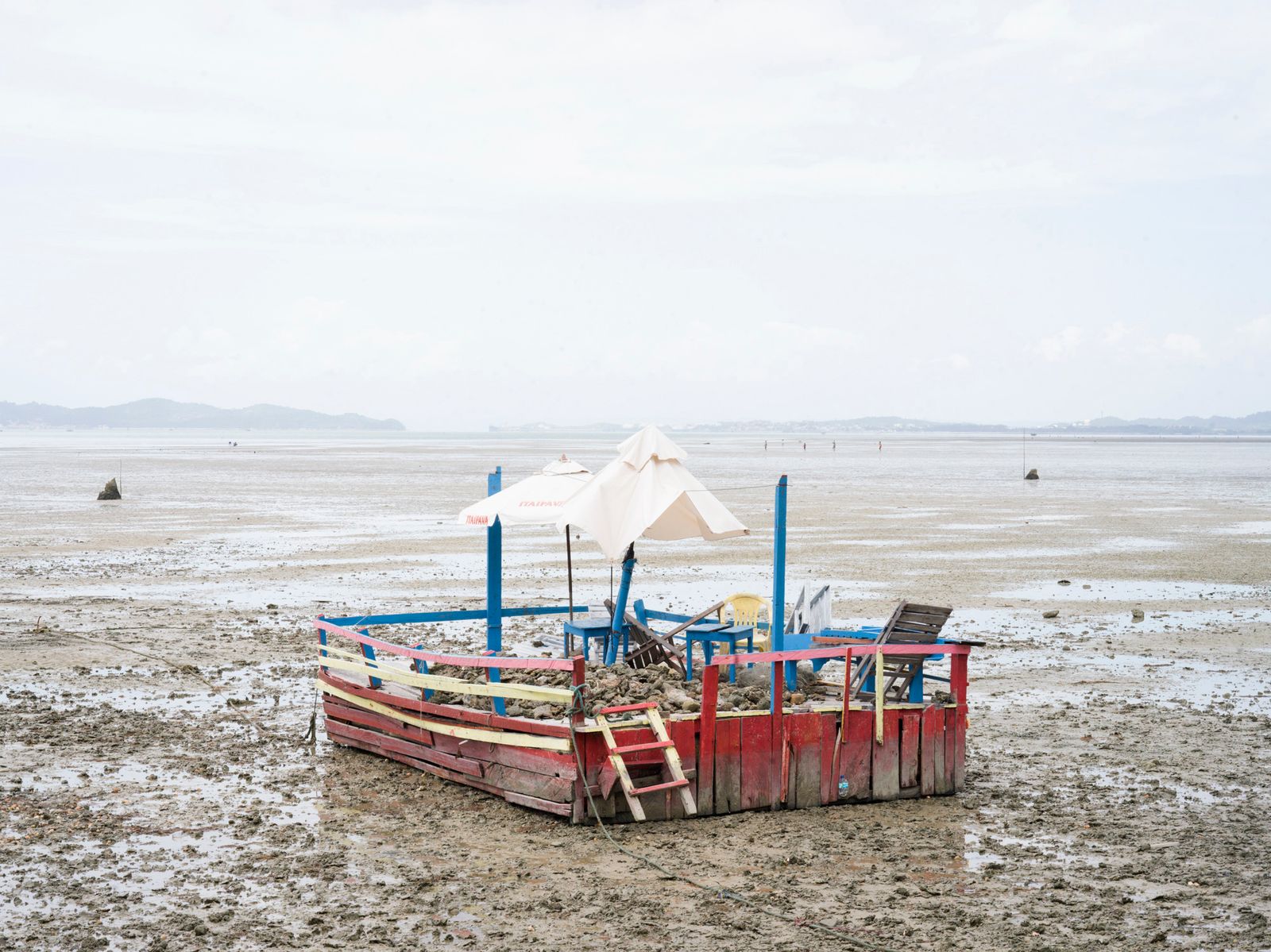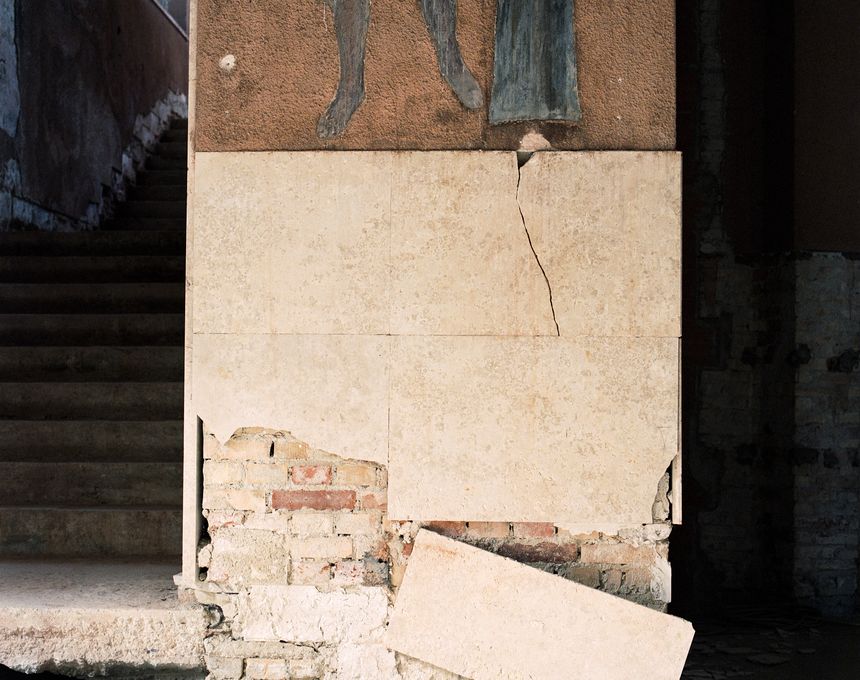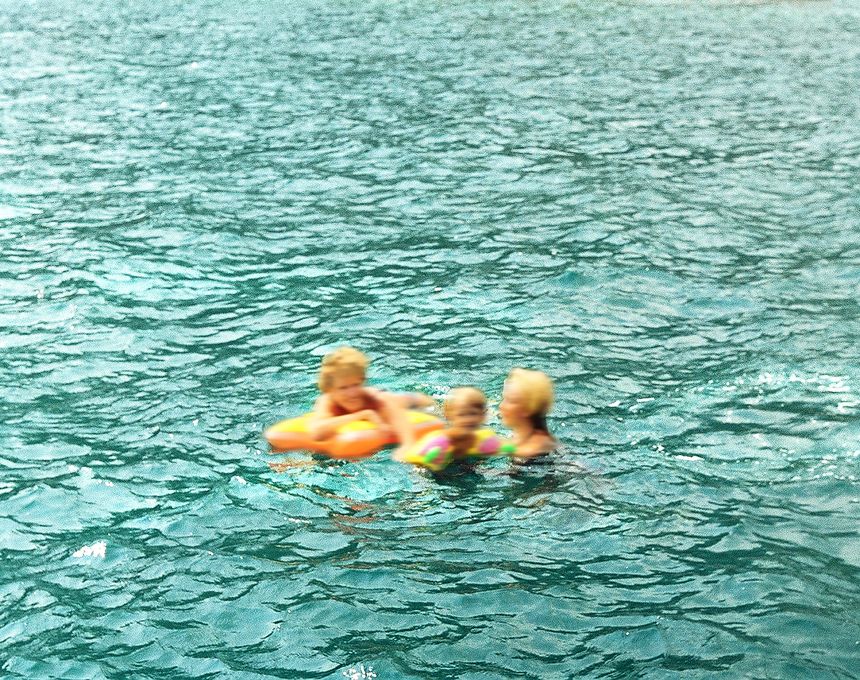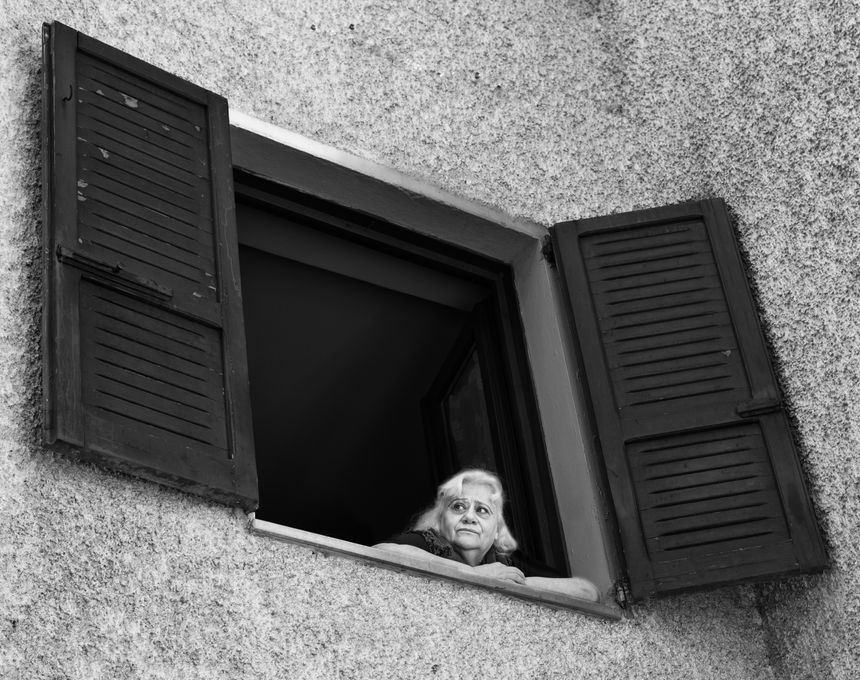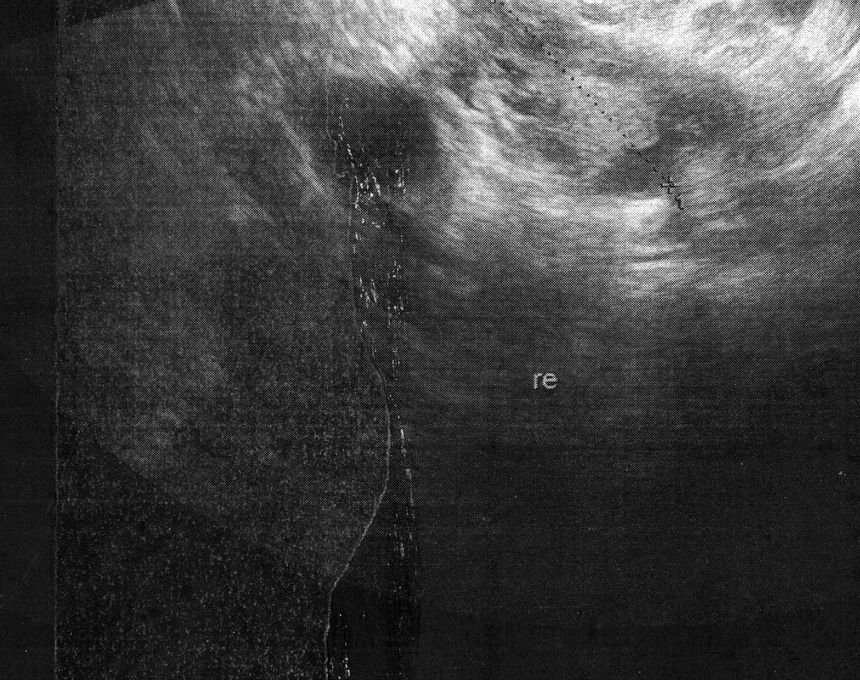A Story on Oil, Pollution and Racism
-
Dates2020 - 2021
-
Author
- Location Salvador, Brazil
In 1940, oil deposits were discovered in the Bahia de Todos os Santos; oil extraction wells were installed in the ocean surrounding area, in the Candeia zone and in the Ilha de Maré. In 1950 the Ludulpho Alves-Mataripe refinery were inaugurated in front of the Ilha de Maré. In 1953 the national oil company, Petrobras was founded and in 1967 the Industrial complex of Aratu, consisting today in a commercial port mainly for the exportation of gas and in petrochemical industries, was built. In 2021 the refinery of Mataripe is sold to the Mudabala Capital from United Arab Emirates.
“Environmental Racism” has used to describe environmental injustices in a racial contest. The researcher Miranda’s studies demonstrated high contamination of Cadmium and Lead in the children of Ilha de Maré. The researcher Bispo underline the lack of communication and compromise between the institutions, the company and the local Communities which generate local conflicts. Despite the community of the Ilha de Maré tried to established a dialogue with the Institutions and the Companies to improve the environmental situation, very little has been done to decrease the pollution level or the factors that affect the Community of Ilha de Mare.
